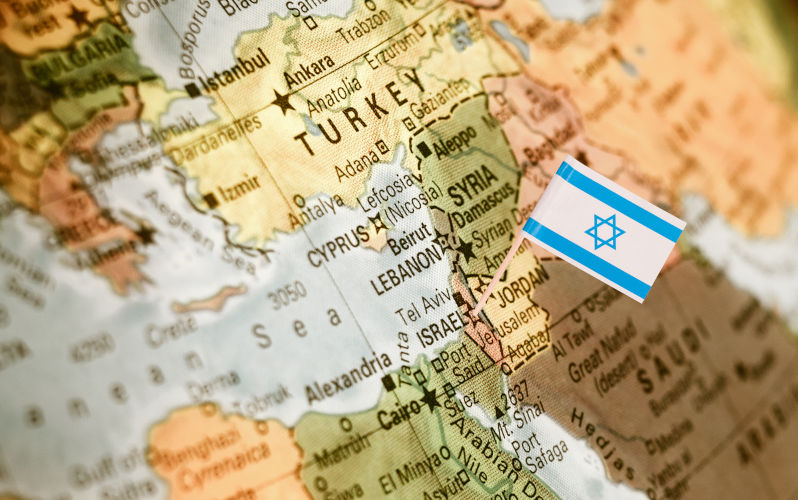Imposing meaningful sanctions against Israel is not difficult
June 17, 2025
For decades, the Israeli Government has revealed itself impervious to pressure from international bodies like the United Nations and the International Criminal Court of Justice.
However, it responded quickly and decisively in 2005 to the Palestinian call for Boycott, Divestment and Sanctions against Israel. The Israeli Government has always feared this movement and its potential to isolate Israel politically and financially. A government department with a US$1 billion war chest was set up to counter the effectiveness of BDS and employed bullying, media propaganda and lawfare to tarnish the reputation of the movement and its activists.
Israeli journalist Gideon Levy publicly announced at the Edward Said Memorial Lecture in Adelaide in 2017 that “BDS is the only game in town for the Palestinians”. It was, and is, their only peaceful defence against the Israeli Government’s genocidal policies and ethnic cleansing of all Palestinians. With sanctions and arms embargoes from key countries like Australia (which provides essential components for F-35s bombers) Israel has no firepower to subjugate the Palestinians.
Despite Israel’s best efforts, the BDS movement has gained strength every year. And worldwide calls for sanctions on Israel have increased markedly in the last 20 months. In Australia, the pleas for our government to help the Palestinians by an arms embargo and sanctions are growing louder every day.
On 28 May, Pearls and Irritations published a strong statement from the Australian Council of Trade Unions on the ongoing humanitarian catastrophe in Gaza.
In this document, the ACTU made the task before Prime Minister Anthony Albanese and Foreign Minister Penny Wong’s very easy by laying out clearly the path they should take to pressure Israel to end their genocide against the Palestinians.
Firstly, they recommend using all “influence, pressure and diplomatic measures — including the use of targeted sanctions — to achieve a permanent ceasefire…” and secondly end all “military trade (including parts and components) with Israel and working with other governments to ensure that Australian exports are not contributing to breaches of international law”.
The statement has been endorsed by unions like the Australian Services Union, National Tertiary Education Union, Professionals Australia, across the country. Its demands have also been strongly endorsed by the grassroots Unionists for Palestine groups across Australia which have made repeated rallying calls to stop the starvation, end the empty words and sanction Israel now.
Helpful advice was also provided by Greens Senator David Shoebridge on 6 June. His comment gives a clear, explicit and achievable action for our government.
“Meaningful action right now would include the cancellation of the $1 billion arms contract with Israeli weapons manufacturer Elbit Systems as part of ending the two-way arms trade.”
In 2020, the Australian Sanctions Office was established within the Department of Foreign Affairs and Trade to streamline the process and regulation of sanctions. The ASO claims they “work to ensure the efficient administration of Australian sanctions laws, consistent with Australia’s international obligations and foreign policy objectives”.
As we have seen this organisation has been proactive and efficient when implementing sanctions against Russia. They quickly implemented travel bans, banned provision of technologies for oil and gas exploration and prohibited the provision of credits to oil and banking companies. These sanctions are constantly being updated; for example, the ASO recently added 70 persons and 79 entities to the Autonomous Regulation 2011-Russia.
Despite its international obligations to sanction Israel, Australia has been tardy in implementing any meaningful bans. After 20 months of watching a livestreamed genocide, Australia has finally placed financial sanctions on two Israeli politicians, Bezalel Smotrich and Itamir Ben-Gvir, due to “incitement to violence against Palestinians in the West Bank”. Sanctioning the two hugely unpopular poster boys for Israel’s far-right proponents of ethnic cleansing will be a popular and easy call for the government, but a minuscule, ineffective step towards impacting Israel’s policies.
Our current government has all the information, advice and mechanisms available to implement effective sanctions against Israel and draw a line in the sand against US-backed Israeli aggression in the Middle East.
The views expressed in this article may or may not reflect those of Pearls and Irritations.

